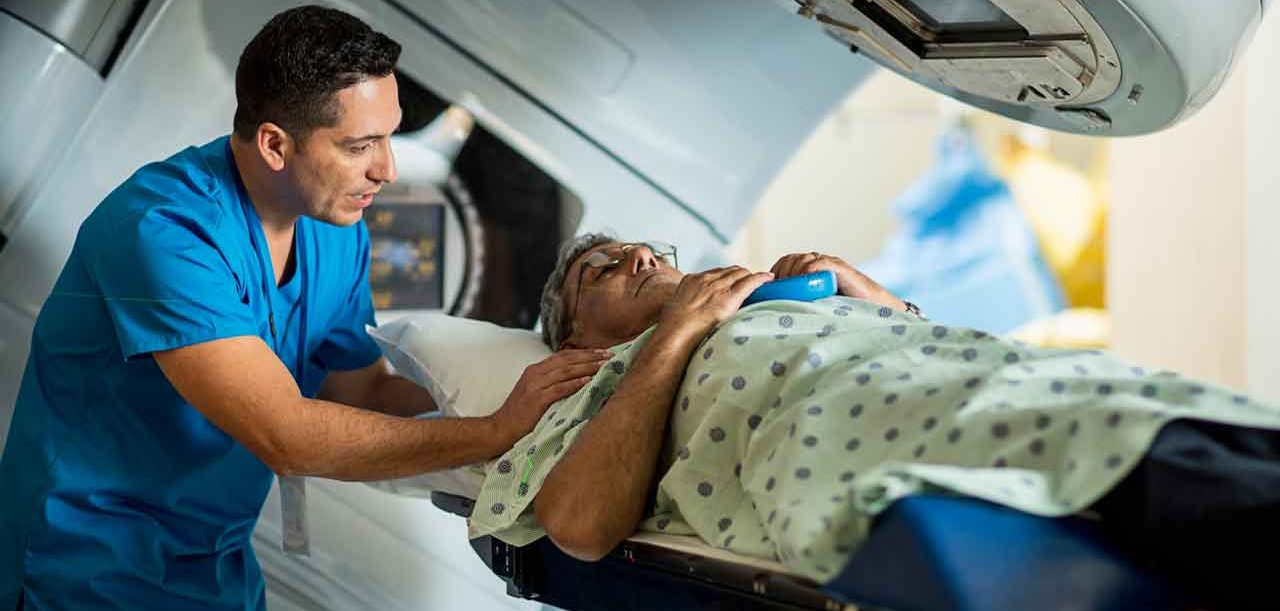How to Reduce Colon Cancer Risk Factors

Lots of common sense advice adds up to less risk, especially not smoking. Here's how you can reduce your colon cancer risk factors.
About one in 20 Americans will have colon cancer during their lifetime. That makes it one of the more common types.
But it’s also one of the most preventable. With regular screenings, a sound diet, exercise, and weight control, the risk goes way down. It also helps if you don’t smoke and limit alcohol consumption.
YOU MIGHT ALSO LIKE: The Young Aren’t Invincible against Colon Cancer
Improving these lifestyle habits can reduce your risk of other cancers, too, and prevent other diseases such as heart disease and diabetes.
The American Cancer Society (ACS) recommends that colon cancer screening begin at age 50 because most people who develop it are that age or older.
Colon cancer risk factors
But scientists are seeing a rise in colon cancer in younger people, some with risk factors that make them more likely to develop it. If you fall into that category, your doctor may recommend screenings before you hit 50 and at more frequent intervals.
These colon cancer risk factors include a family history of colon cancer or precancerous polyps. Up to one in five people who have family members with colon cancer develop the disease themselves, which makes regular screening paramount.
“Your personal history can also affect your risk,” says the ACS. “For example, you are more likely to get colon cancer if you have had pre-cancerous colon polyps in the past. Having other conditions, such as ulcerative colitis, Crohn’s disease, or type 2 diabetes can also increase your risk of colon cancer.”
Those are factors largely beyond your control. But the risk of developing colon cancer significantly drops when pre-cancerous polyps are detected and removed during regular screenings.
There are many colon cancer risk factors within your control.
How to reduce your colon cancer risk factors
Smoking is especially dangerous. A major cause of at least 14 different cancers, smoking is the single greatest risk factor for developing colon cancer, says the Siteman Cancer Center at Washington University in St. Louis.
Alcohol is odd. Used in moderation, it’s heart healthy, but it can also increase the risk of colon cancer even at low levels. If you already drink moderately (one drink a day for women, two for men), there’s no medical reason for you to stop. But, if you don’t drink at all, there’s no sound reason for you to start.
YOU MIGHT ALSO LIKE: Cancer Screening Guidelines
“Except for smoking, nothing else raises the overall risk of cancer more than being overweight,” the Siteman Center adds. “At least 11 different cancers have been linked to weight gain and obesity, including colon cancer. An ideal goal is to weigh around what you did when you were 18 years old. Realistically, if you’ve put on weight, the first goal is to stop gaining weight, which has health benefits by itself. Then, for a bigger health boost, slowly work to lose some pounds.”
When it comes to diet, it’s helpful to eat a lot of fruits and non-starchy vegetables, especially if you’ve stopped filling up on processed and red meats, a colon cancer risk factor.
A large study that looked at the diets of adults aged 50 to 71 found that those with the highest consumption of red and processed meats had a 24 percent greater risk of developing colorectal cancer compared to people with the lowest intake.
“It has been proposed that multiple mechanisms may be at play, including the type of iron found in red meat (heme iron) and increased exposure to carcinogens called HCAs that are produced when red meat in particular is charred or cooked at a high temperature,” says a U.S. News report.
At the same time, avoid processed meats – those containing sodium nitrite. That chemical may convert to a compound called a nitrosamine, a known carcinogen. “Both high intake of nitrites and processed meats have been associated with increased risk of colorectal cancer compared to lower intakes,” adds the U.S. News report.
Replace charred red and processed meats with fruits and vegetables, including dark leafy greens, beets, squashes, bell peppers, tomatoes, asparagus, carrots, cauliflower, cabbage, broccoli, and green beans.
As you fall into a routine of regular screenings, and a better diet, get up off the couch and do something – anything.
“From housecleaning to running…moderate physical activity – of all types – reduces the risk of colon cancer,” says the American Institute for Cancer Research. “Starting step: Find 10 minutes today to move. Whether taking a break at work or while watching TV, you can jog in place, walk the stairs, do push-ups or chair exercises. Build on that over time by taking more activity breaks or extending the 10 minutes to 30 minutes.”
Updated:
March 30, 2020
Reviewed By:
Christopher Nystuen, MD, MBA